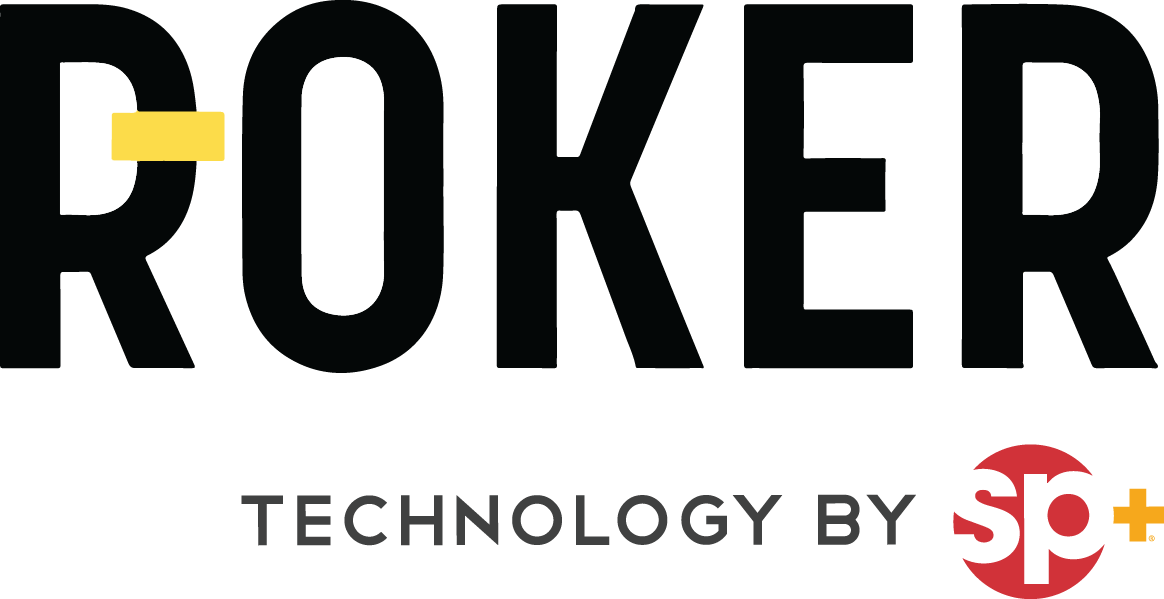
The new school year is in full force and many campuses across North America have already started welcoming students and faculty members back for in-person learning. As more personal vehicles are likely to enter campus lots this year, it’s important for parking operators to consider how they will address parking needs for all. Whether it’s allocating dedicated staff parking or providing equitable use of shared parking resources, operators can turn to a digital permit system to improve the campus parking experience.
How do digital permits work?
Digital permits are distributed electronically by collecting relevant information from an associated license plate. When students and faculty members apply for a permit, parking operators are able to customize them based on duration, location, and frequency – all through a centralized platform. Permit holders are then able to enter a given lot without having to display any hang tags or access cards since their license plate holds all of the relevant information needed to grant access.
Easy and contactless payment
Digital permits give students, staff, and visitors the opportunity to pay and reserve a spot ahead of time – eliminating the need for parking meters or coins to pay. Not only does this make things more convenient, but it also helps parkers to be more punctual for any meetings, classes or events they need to attend. Not to mention, digital permits also reduce the number of touchpoints on campus – providing a more sanitary experience as many students and staff are making the switch from virtual learning to in-person classes.
Enhances safety and security for students and faculty
Students are no strangers to late-night study sessions and evening lectures, which makes it especially important for operators to prioritize parking lot safety. Using a digital permit system, operators can identify and grant access to authorized vehicles in real-time, gather valuable data about who is entering and exiting their lot and minimize potential safety risks on the campus. With all key data collected in a centralized platform, parking operators are equipped with all of the necessary data needed in the event of a security incident that involves someone who was parked in the facility.
Promotes equitable use of resources and helps to optimize parking facilities
Instead of purchasing a yearly or monthly permit, a digital permit system allows parkers to reserve a spot on a more flexible basis. For example, if a student is only required to be on campus Monday through Wednesday during the fall semester, they can acquire a parking permit that grants them access on those particular days of the week during those months. This saves students a little more money compared to purchasing a yearly permit that they don’t necessarily need, and also allows operators to optimize the parking facility by filling vacant spots on a continual basis.
As schools plan to experience high demand for parking this year, it’s important for operators to consider how they plan to better serve students, faculty members and visitors when it comes to their parking resources. By leveraging smart parking technology, operators can facilitate digital permits in a faster, easier and more effective way compared to physical permits. At Roker, our platform offers a fully integrated digital permit feature that allows for more effective parking management, enhanced security and a better overall parking experience on campus. To learn more about our cloud-based parking platform, contact us today.
